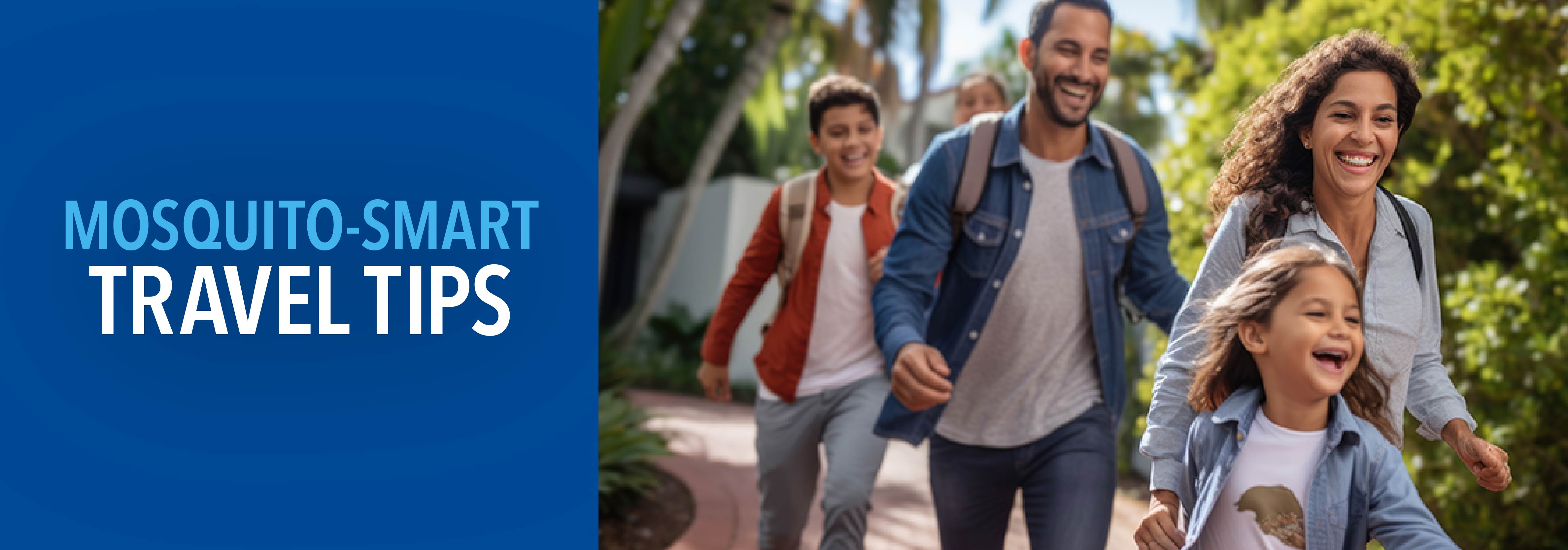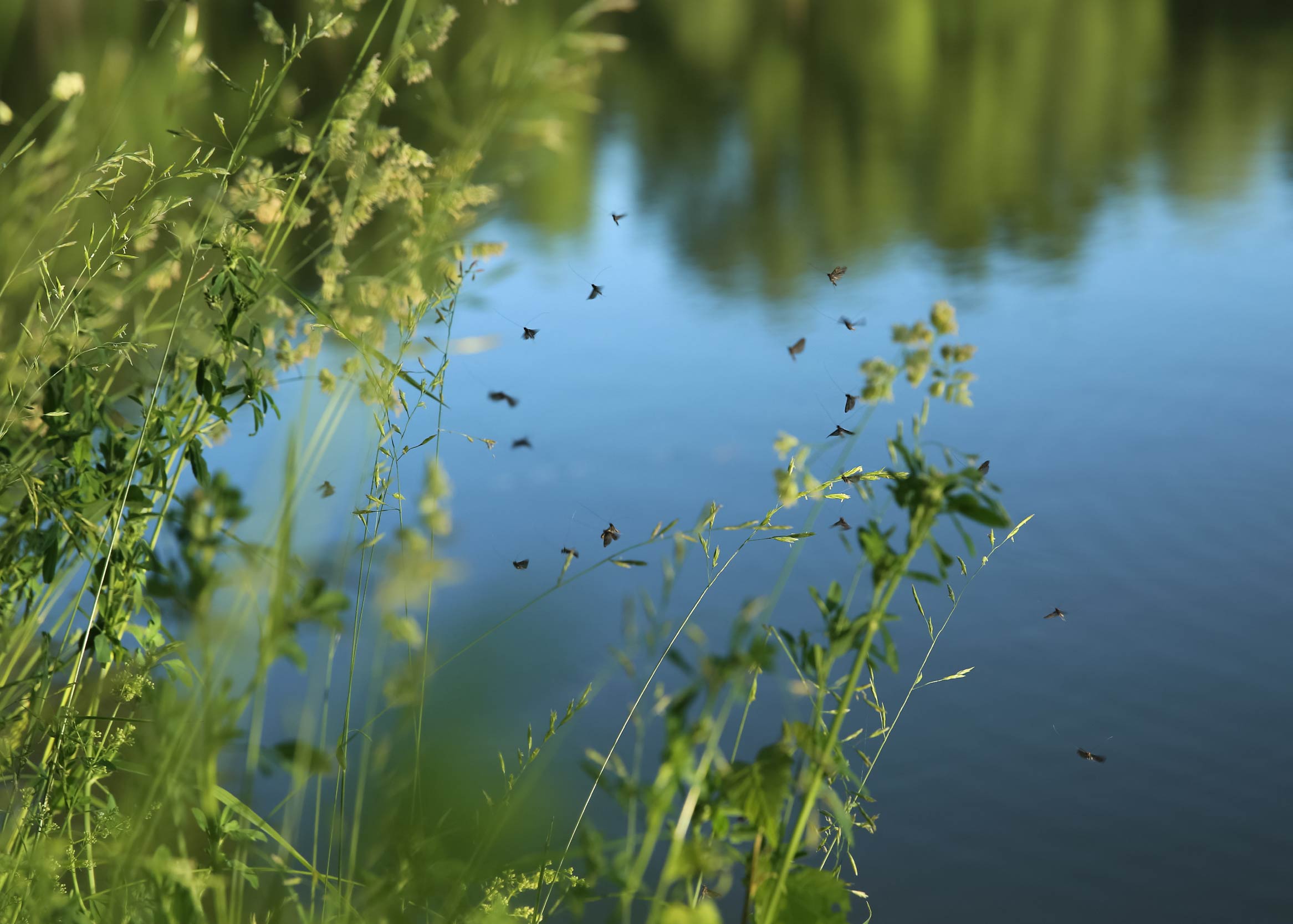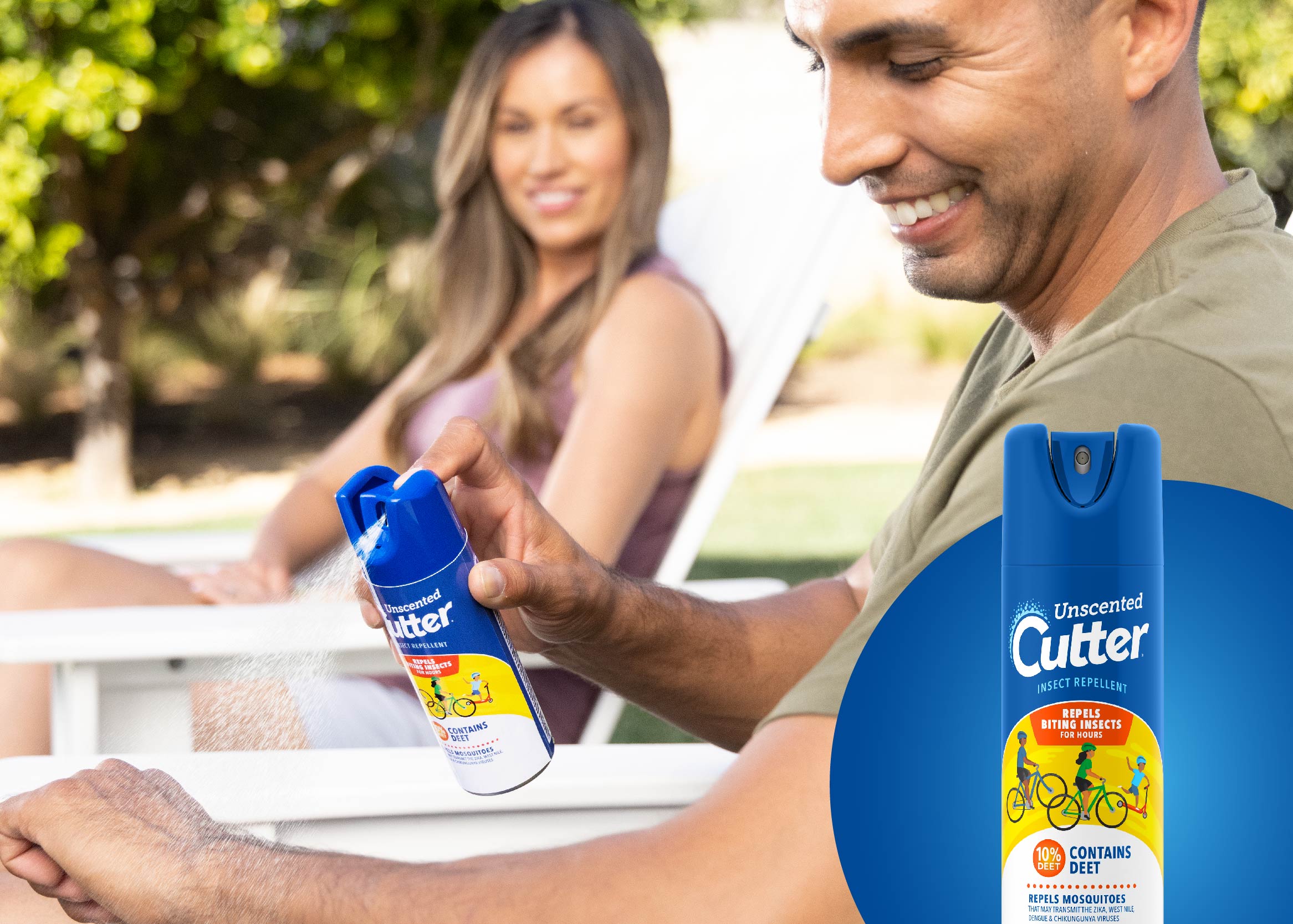MOSQUITO-SMART TRAVEL TIPS

Mosquitoes are year-round pests in many tropical locales, where travelers not only run the risk of getting itchy and uncomfortable bites but also contracting mosquito-borne diseases like Chikungunya virus or West Nile virus.
PROTECT YOUR LOVED ONES WHEN YOU TRAVEL AND PLAN AHEAD TO HELP AVOID BITES:

AVOID HOTSPOTS OF MOSQUITO-BORNE DISEASES
Don’t travel in areas where mosquito-borne diseases are prevalent and easily transmitted. If you’re traveling to a heavily infested area, check regional disease outbreaks on the Centers for Disease Control and Prevention’s website at www.cdc.gov/travel.

PACK (AND USE) AN INSECT REPELLENT
Buy a DEET-, picaridin-, IR3535®* or oil of lemon eucalyptus-based repellent at home and bring it with you wherever you’re traveling. DEET-based repellents are recommended for spending longer periods of time outdoors in more heavily infested conditions. Whatever insect repellent you use, make sure you reapply as directed on the label for continuous protection against mosquitoes, ticks and other listed insects. When applying both repellent and sunscreen, apply your sunscreen first.
*IR3535 is a registered trademark of Merck KGaA, Darmstadt, Germany or its affiliates

BE SMART ABOUT EXPOSURE
Avoid peak times for high mosquito activity. Most types of mosquitoes are most active at dawn or dusk or after dark. Staying indoors at these times might help reduce the risk of a bite. Stay and sleep in air-conditioned or screened rooms or use bed netting.

DRESS STRATEGICALLY
Make sure you pack long-sleeved shirts and pants to cover as much exposed skin as you can, especially if you must be outside at dawn or dusk or if you’re planning to spend time in wooded or wet areas.